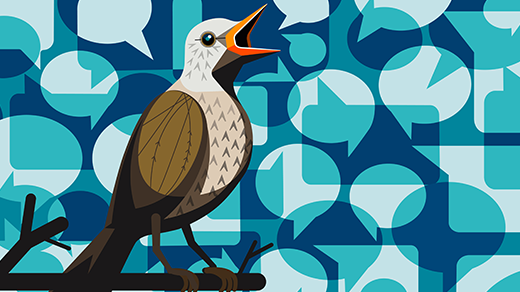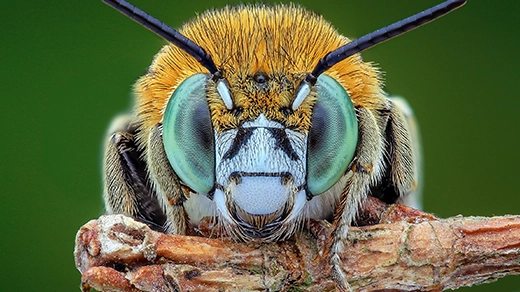What's up in
Cognitive science
Latest Articles
How Much Energy Does It Take To Think?
Studies of neural metabolism reveal our brain’s effort to keep us alive and the evolutionary constraints that sculpted our most complex organ.
What Can Birdsong Teach Us About Human Language?
We often consider spoken language to be a feature that distinguishes humans from other forms of animal life. Brain research, however, suggests that other creatures — including certain birds — share some of our neural circuitry related to language. In this episode, co-host Janna Levin explores the origins and underlying mechanisms of human speech and birdsong with neurobiologist and geneticist Erich Jarvis.
How the Human Brain Contends With the Strangeness of Zero
Zero, which was invented late in history, is special among numbers. New studies are uncovering how the brain creates something out of nothing.
Insects and Other Animals Have Consciousness, Experts Declare
A group of prominent biologists and philosophers announced a new consensus: There’s “a realistic possibility” that insects, octopuses, crustaceans, fish and other overlooked animals experience consciousness.
Why the Human Brain Perceives Small Numbers Better
The discovery that the brain has different systems for representing small and large numbers provokes new questions about memory, attention and mathematics.
Some Neural Networks Learn Language Like Humans
Researchers uncover striking parallels in the ways that humans and machine learning models acquire language skills.
How Loneliness Reshapes the Brain
Feelings of loneliness prompt changes in the brain that further isolate people from social contact.
Anil Seth Finds Consciousness in Life’s Push Against Entropy
How does consciousness arise in mere flesh and blood? To the neuroscientist Anil Seth, our organic bodies are the key to the experience.
Animals Count and Use Zero. How Far Does Their Number Sense Go?
Crows recently demonstrated an understanding of the concept of zero. It’s only the latest evidence of animals’ talents for numerical abstraction — which may still differ from our own grasp of numbers.








